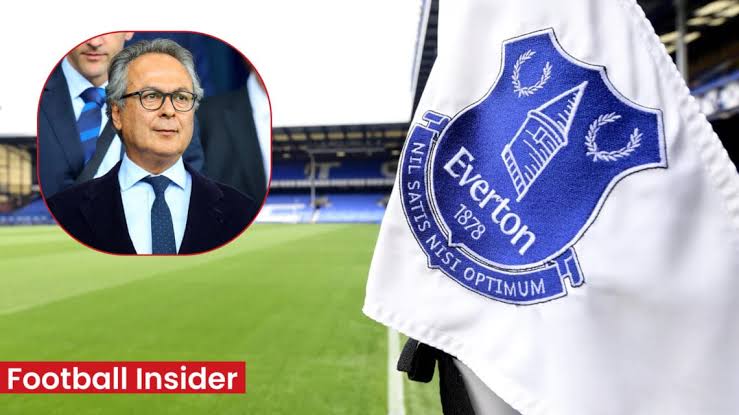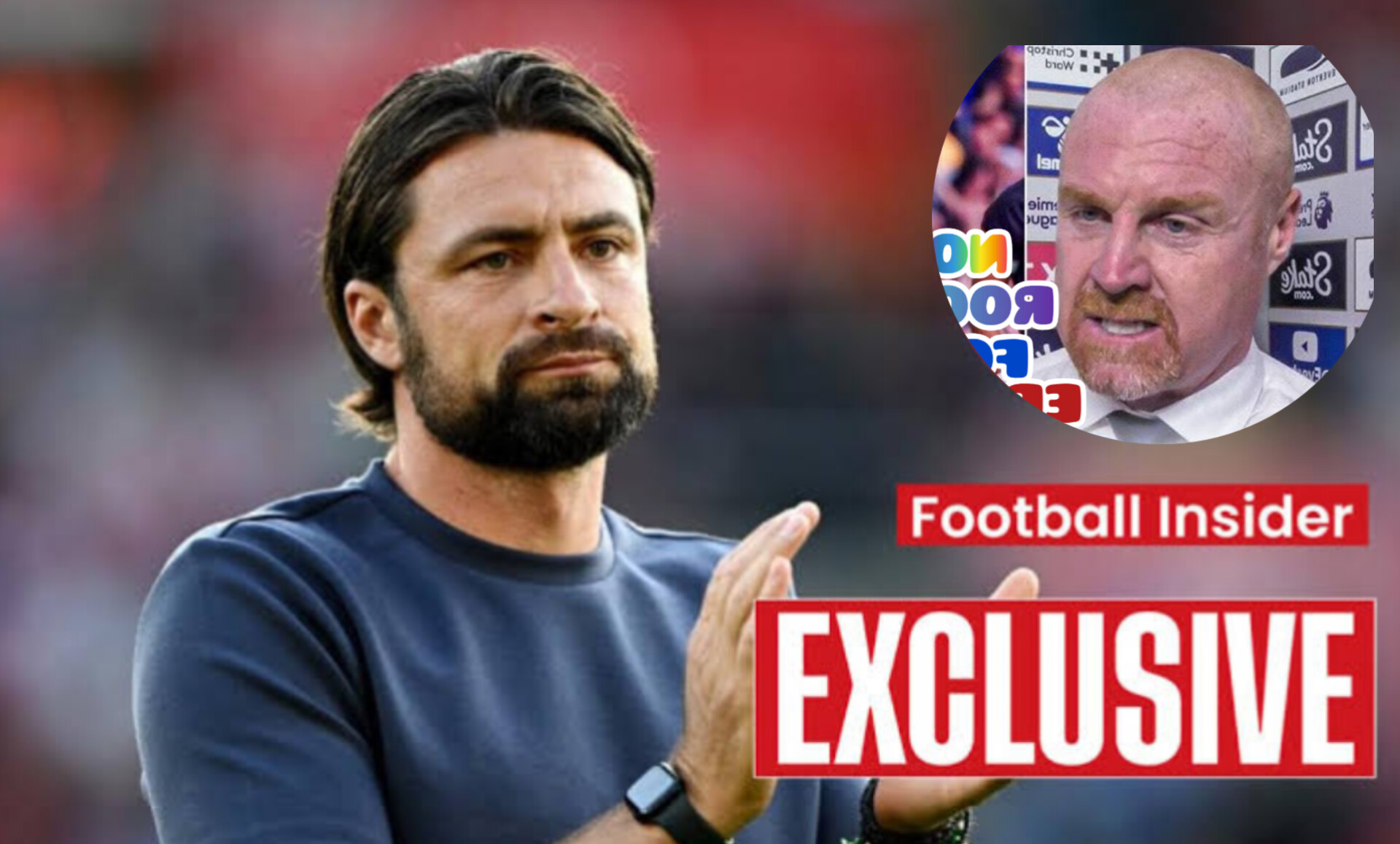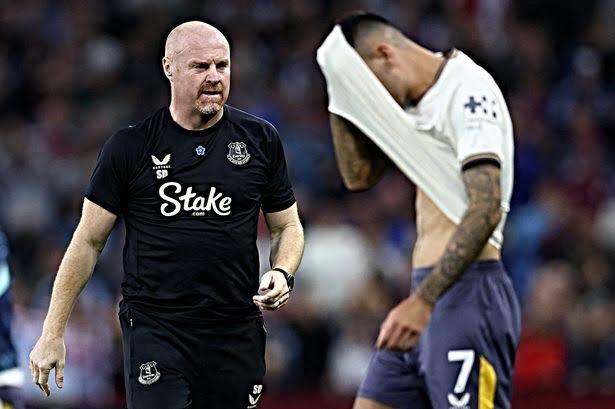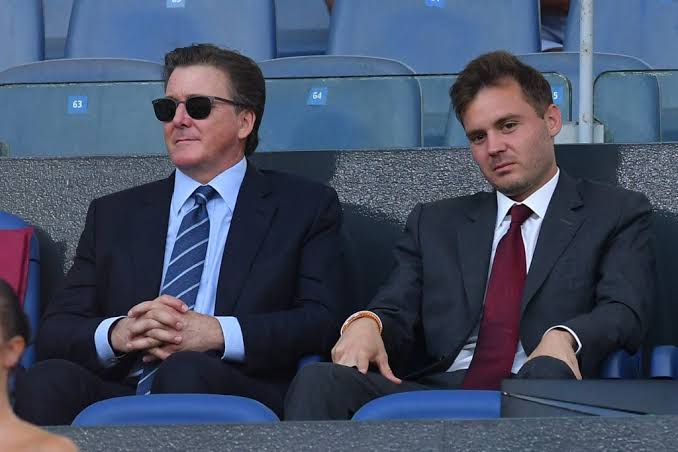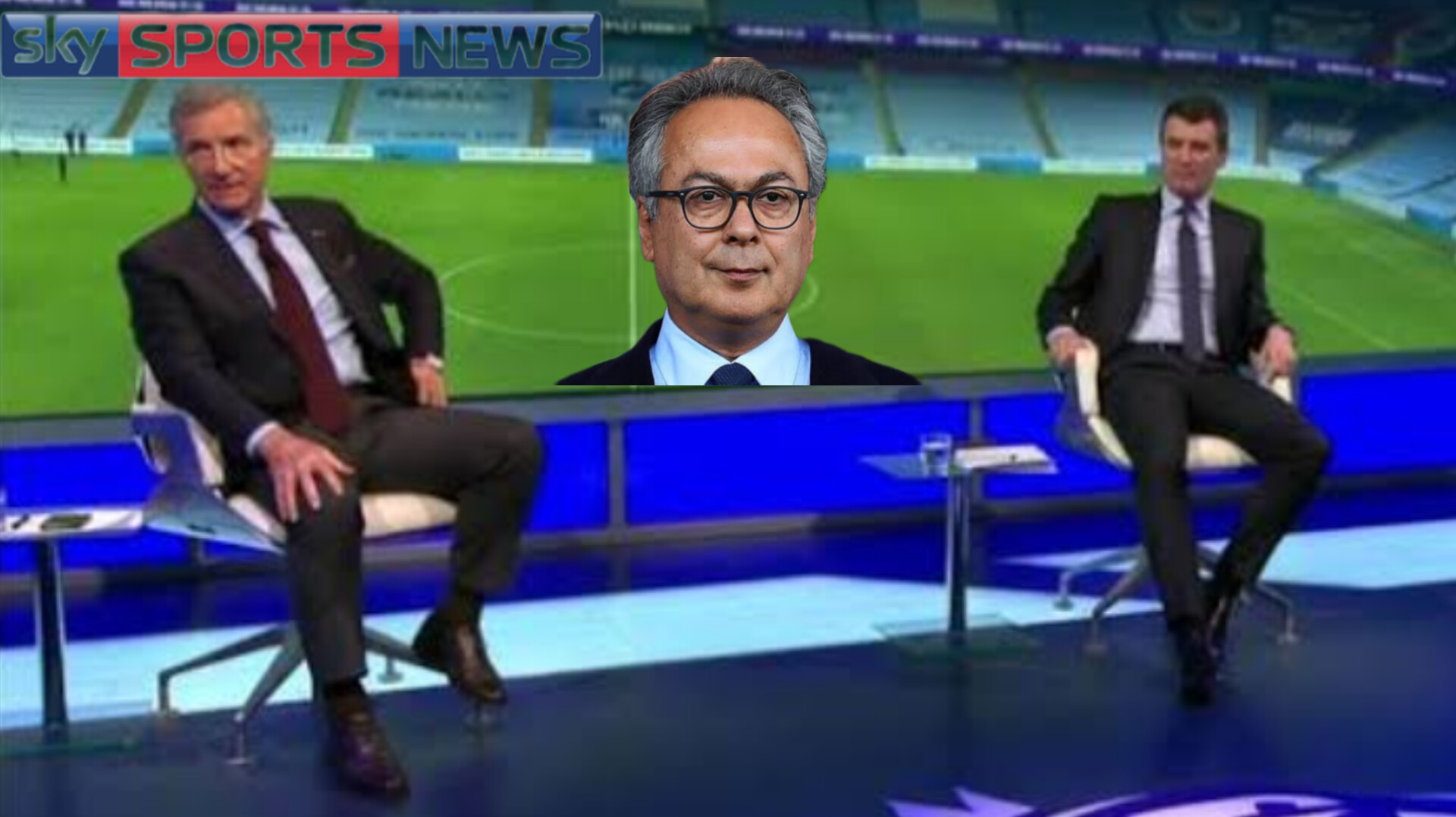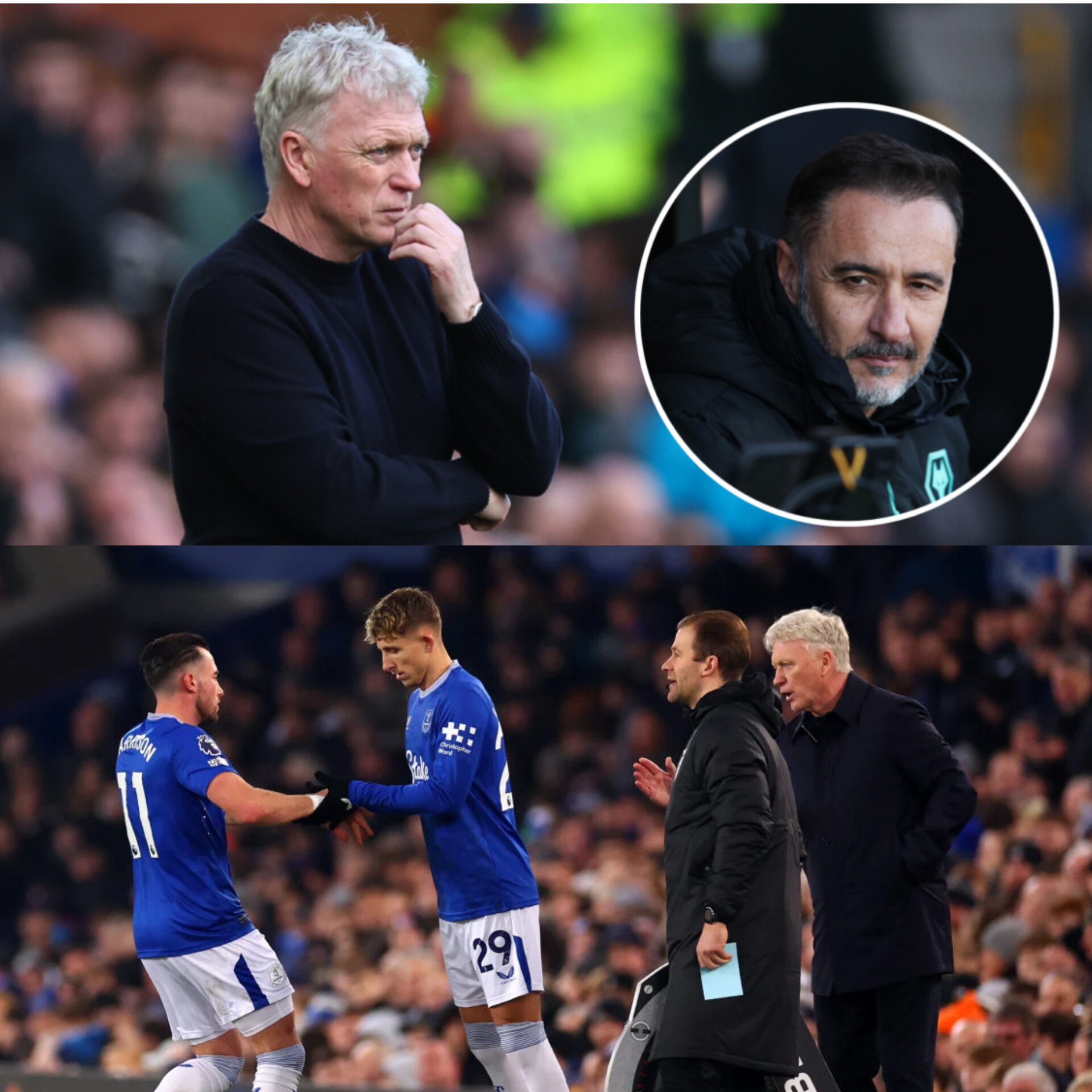The ongoing saga of Everton Football Club’s potential takeover has become increasingly complex, with the latest complication arising from legal issues between current owner Farhad Moshiri and Russian businessman Alisher Usmanov. This development adds another layer of intricacy to an already multifaceted situation, according to finance expert Stefan Borson in an exclusive interview with Football Insider.
The legal dispute, as reported by The Athletic on September 10, involves Usmanov, a former Everton sponsor, taking legal action against a company owned by Moshiri. This legal entanglement stems from the abrupt cessation of USM’s sponsorship deal with Everton, which had been worth £12 million annually. The sponsorship came to an end in March 2022 when Usmanov faced sanctions from the UK, US, and European Union following Russia’s invasion of Ukraine.
Court documents filed at Moscow’s Arbitration Court in September 2023 reveal that Somelior Holdings Limited, wholly owned by Moshiri, is one of six defendants in a case brought forward by Usmanov and USM. This legal action could potentially have significant implications for Moshiri’s efforts to sell Everton, especially considering that American businessman John Textor is currently in a period of exclusivity to purchase the club.
Borson emphasizes the difficulty in predicting the outcome of the takeover situation due to the myriad issues surrounding the club. He points out that under normal circumstances, potential buyers would be deterred by such legal complications involving the current owner. The expert states, “Clearly, these are complexities that ordinarily any buyer would run a mile from. You would just go and buy something else.”
However, Borson also acknowledges the unique appeal of Everton as one of the finite number of top Premier League clubs. The club’s impending move to a new stadium further enhances its attractiveness to potential investors, despite the current challenges. He notes, “As they move into a new stadium, it’s not surprising that people are interested. But it’s a difficult and expensive deal to do, and it’s got lots of wrinkles.”
The expert also highlights other ongoing issues affecting the takeover process. He mentions the Leadenhall situation involving 777 Partners, which has been postponed for a hearing in December. This unresolved matter adds another element of uncertainty to the already complex scenario.
Borson emphasizes the lack of transparency surrounding the legal dispute between Moshiri and Usmanov, describing it as a “private arbitration in Russia.” He points out that even if the details of the case were available, assessing the associated risks would be challenging due to the opaque nature of the proceedings and the jurisdiction in which they are taking place.
The finance expert’s analysis underscores the multifaceted nature of the Everton takeover situation. On one hand, the club represents a rare opportunity to acquire a storied Premier League team with a new stadium on the horizon. On the other hand, the legal issues, financial complexities, and ongoing disputes create significant hurdles for potential buyers.
Borson concludes by reiterating the difficulty in predicting the outcome of this situation. The interplay between Everton’s potential as a Premier League club, the complications surrounding its current ownership, and the broader context of football club acquisitions creates a scenario that defies easy analysis or forecasting.
This complex situation serves as a microcosm of the challenges faced in modern football ownership, where financial, legal, and regulatory issues intersect with the sport’s traditions and fan expectations. As the Everton takeover saga continues to unfold, it will likely be watched closely by football finance experts, fans, and potential investors alike, potentially setting precedents for future Premier League club acquisitions.
